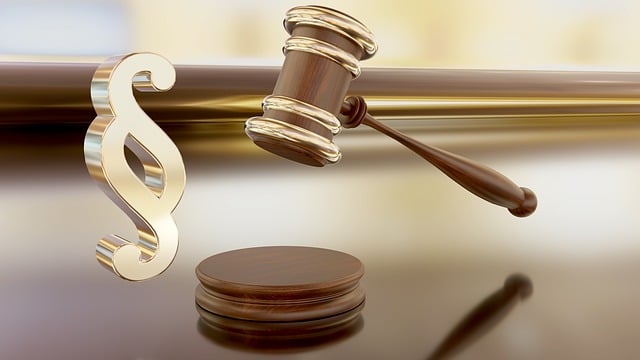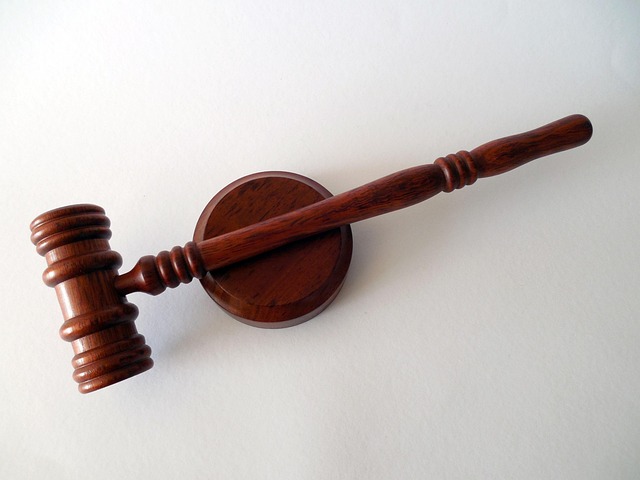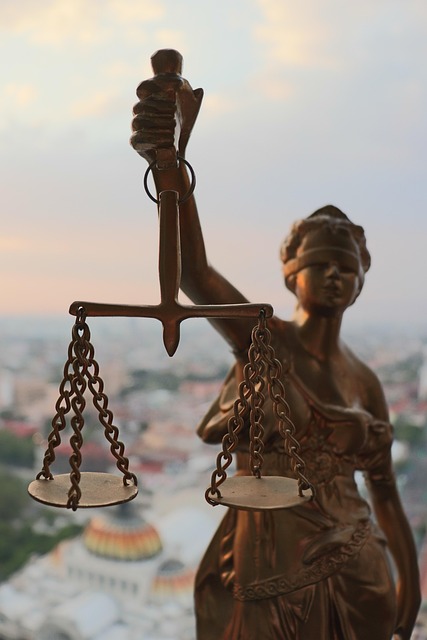The Breach of Contract Litigation Process Explained covers whistleblowers' legal protection against retaliation when exposing unethical practices. It involves filing complaints, investigations, hearings, and trials, with skilled attorneys crucial for favorable outcomes. This process examines contract clauses, gathers evidence, protects whistleblowers from harm, and navigates complex laws to achieve justice.
Whistleblower Protection Lawsuits are crucial mechanisms enabling individuals to expose corporate or governmental wrongdoings, playing a vital role in fostering transparency and accountability. Understanding whistleblower protection laws is essential for both whistleblowers and businesses. This article breaks down the complexities of breach of contract litigation process involved, providing insights into steps, protections, common challenges, and defenses. By understanding these key aspects, individuals can navigate the system effectively while organizations learn to safeguard against potential claims.
- Understanding Whistleblower Protection Laws
- The Role of Contract Breach in Whistleblower Suits
- Litigation Process: Steps & Protections for Whistleblowers
- Common Challenges & Defenses in Whistleblower Cases
Understanding Whistleblower Protection Laws

Whistleblower Protection Laws are designed to safeguard individuals who expose illegal or unethical activities within their organizations from retaliation. These laws recognize the vital role whistleblowers play in upholding integrity and accountability, not just within companies but also in society at large. Understanding these protections is crucial for anyone considering coming forward with information that could lead to significant changes or legal action.
The Litigation Process Explained involves a series of steps designed to ensure fairness and due process. It begins when a whistleblower files a complaint, alleging a breach of contract or violation of specific whistleblower protection statutes. This can include federal laws like the False Claims Act or state-level protections. The case then progresses through legal channels, potentially involving investigations, hearings, and ultimately, a resolution through settlement negotiations or trial. Achieving extraordinary results in these cases often hinges on clear documentation, timely reporting, and a solid understanding of both the law and the specific facts surrounding the alleged breach, which require the expertise of skilled attorneys specializing in general criminal defense and white-collar defense strategies.
The Role of Contract Breach in Whistleblower Suits

In whistleblower protection lawsuits, breach of contract plays a significant role in the litigation process. When an employee reveals illegal or unethical activities within their organization, they often invoke a contractual agreement—usually found in employment or confidentiality contracts—as evidence to support their claim. These agreements typically include clauses that protect whistleblowers from retaliation and ensure their anonymity. If an employer breaches these terms by retaliating against the whistleblower, it can lead to legal action.
Breach of contract litigation in such cases involves a careful examination of the specific terms and conditions within the agreement, as well as evidence of the employer’s actions or inactions that constitute a violation. Given the sensitive nature of white-collar defense strategies, high-stakes cases often involve jury trials where both parties present their arguments. The outcome can have significant implications, not just for the whistleblower’s rights but also for the organization’s reputation and potential financial penalties, making it a crucial aspect of the overall legal strategy in these complex cases.
Litigation Process: Steps & Protections for Whistleblowers

Whistleblower protection lawsuits involve a complex breach of contract litigation process. The first step is typically for the whistleblower to gather and document evidence of unethical practices or illegal activities within an organization. This can include internal memos, emails, or direct observations, which serve as crucial pieces of evidence in subsequent legal proceedings. Once sufficient proof is obtained, the whistleblower files a complaint with the appropriate regulatory body or agency, initiating the official investigation process.
The litigation process unfolds across several stages, offering protections for whistleblowers throughout. These include pre-trial hearings where both parties present their cases, depositions to gather detailed testimony, and ultimately, jury trials in which a panel of citizens deliberates on the evidence presented. Throughout all stages of the investigative and enforcement process, whistleblowers are protected from retaliation by employers or associated entities, as guaranteed by whistleblower protection laws. This ensures that individuals who come forward with significant information can do so without fear of adverse consequences for their careers or personal safety.
Common Challenges & Defenses in Whistleblower Cases

Whistleblower protection lawsuits often face unique challenges due to the sensitive nature of the claims. One common hurdle is proving the existence of a valid whistleblower agreement or policy, as corporate defendants may dispute the terms or argue that the plaintiff did not adequately follow the litigation process explained in the contract. The Breach of Contract Litigation Process Explained involves demonstrating how the defendant breached their obligation to protect the whistleblower, which can be complex given varying state and federal laws.
Defenses in these cases range from challenging the plaintiff’s standing, where the corporate or individual clients argue that the plaintiff lacks the legal right to bring the claim, to asserting laches, contending that too much time has passed since the alleged wrongdoing for the plaintiff to pursue legal action. Achieving extraordinary results often hinges on meticulous preparation, leveraging relevant case law, and presenting clear evidence of the defendant’s misconduct.
Whistleblower protection lawsuits, grounded in a robust legal framework and guided by the breach of contract litigation process explained herein, play a vital role in holding organizations accountable for unethical practices. By understanding their rights and navigating the steps involved, whistleblowers can access crucial protections while exposing wrongdoing. While challenges exist, these laws serve as a powerful tool to foster transparency and ensure justice, ultimately revolutionizing organizational accountability in today’s digital era.






